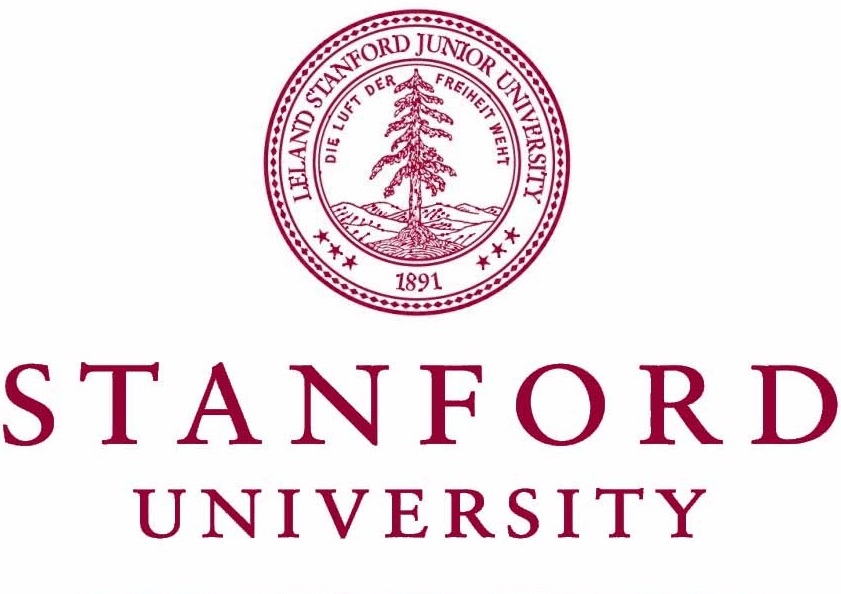Probing ant colonies to gain insight into other biological and technological systems
The most fundamental question in biology is: How do the parts work together to create the behavior of the whole system? Dr. Deborah Gordon, Professor of Biology at Stanford University, focuses on how ant colonies, without any central control, function using simple interactions among individuals. No ant understands what needs to be done, yet the whole colony can adjust to changing conditions. Ant colonies are an ideal system to study, because we can see everything that is happening, and they can help us to understand what to look for in analogous systems that are much harder to see -- such as in the brain, in cancer, or in data networks.
An ant colony works without anyone in charge. The queen has no political authority; she just lays the eggs. Many systems in nature, such as brains, work this way. Collaborating with biologists in other fields like genetics and neuroscience, engineers, and physicists, Dr. Gordon examines how the diverse species of ants 14,000 species in every conceivable habitat on Earth - solve ecological problems collectively. Dr. Gordon is interested in understanding what we can learn from analogies among systems.
Current projects include:
- Long-Term Study of a Population of Ant Colonies: Dr. Gordon’s study of a population of harvester ant colonies in the desert of the Southwest US, now lasting nearly 30 years, is the longest study of social insect colonies. It has shown how colonies change as they grow older and larger, and has demonstrated for the first time how evolution is currently shaping collective behavior. The results show that in the current drought, colonies that conserve water are more likely to produce offspring. Dr. Gordon continues to study the population of colonies to understand how evolution plays out in natural systems.
- The Anternet: Dr. Gordon explores the analogies between ant colonies and other systems. One analogy, called Anternet, shows that harvester ant colonies use an algorithm to regulate foraging that is similar to the one used in the Internet (TCP-IP) to regulate the flow of data traffic. Another project examines the resiliency of routing networks of an arboreal species in the tropical forest in Mexico, while a third compares computer and ant security systems. Collective search is of great interest in robotics, and a recent experiment on the International Space Station examined ant searching behavior in microgravity, and is part of a larger project to examine diverse collective search strategies in many species. Ants have had more than 130 million years to evolve algorithms for cheap resilient solutions to many problems, and there may be some interesting ones we have not yet thought of.
- Broader Analogies between Ants and Other Systems: Dr. Gordon investigates analogies between different biological systems without central control. Ant behavior, like that of neurons, depends on the rate of interaction with others. Analogies between ant behavior, and cellular systems such as neural circuits or cancer, may provide new ideas for further research.
Bio
Dr. Deborah Gordon first got into ants in graduate school because she was reading about the development of embryos. In a developing embryo, there is no central control that directs certain cells to become liver, or bone -- instead, the different tissues emerge from interactions among cells. Dr. Gordon wanted to study a system like this where she could see everything, and ant colonies provided a perfect example. Once she began studying ants, of course, she was intrigued by ants themselves!
In college, Dr. Gordon was a French major interested in music theory. In her senior year, however, Dr. Gordon took a biology class comparing the anatomy different animals. She realized then that there is order in the natural world as well as in human creations like music. She has always been drawn to the possibility of finding structure and pattern underneath what seems to be disordered. She feels extremely fortunate to be able to work on learning about nature, and the ants endlessly supply interesting puzzles; to find intriguing questions, all she needs to do is “go outside and look.”
For more information, visit http://www.stanford.edu/~dmgordon/
In the News
Priceonomics


